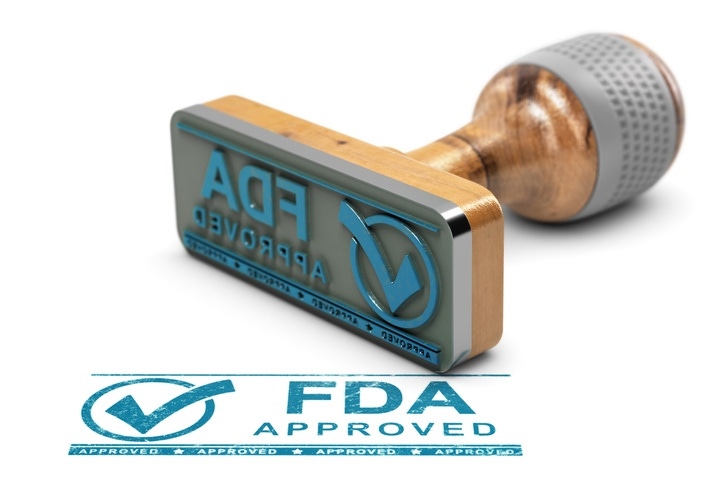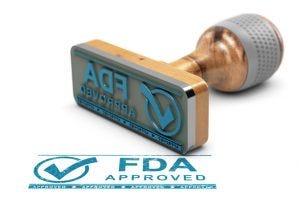Content Spotlight
Podcast: MilliporeSigma says education vital to creating unbreakable chain for sustainability
MilliporeSigma discusses the importance of people, education, and the benefits of embracing discomfort to bolster sustainability efforts.

Gilead’s Kite has won US FDA approval for Tecartus (brexucabtagene autoleucel), a CAR-T cell therapy for the treatment of mantle cell lymphoma (MCL).
Tecartus becomes the third chimeric antigen receptor (CAR) T-cell therapy to be granted approval by the US Food and Drug Administration after Novartis’ Kymriah (tisagenlecleucel) and Kite’s Yescarta (axicabtagene ciloleucel), both of which were approved in 2017.
Tecartus is designed to target CD19, a protein found in high amounts in cancerous B cells, and the regulatory decision makes the therapy the first FDA-approved cell therapy for mantle cell lymphoma.

Image: iStock/Olivier Le Moal
“Tremendous progress has been made in the discovery of new therapies for debilitating diseases that are difficult to treat. This approval is yet another example of customized treatments that use a patient’s own immune system to help fight cancer, while using a scientific advance in this promising new area of medicine,” said Peter Marks, director of the FDA’s Center for Biologics Evaluation and Research.
“We’re seeing continued advances in the field of gene therapy and remain committed to supporting innovation in this promising new area of medicine.”
CAR-T therapies are made by removing a patient’s immune cells, engineering them in a lab, and then reintroducing them into the patient. The product will be made at Gilead/Kite’s 43,500 square-foot plant in El Segunda, Santa Monica (California), which also makes Yescarta.
According to FDA label information:
“Tecartus is a CD19-directed genetically modified autologous T cell immunotherapy. To prepare Tecartus, a patient’s own T cells are harvested and genetically modified ex vivo by retroviral transduction to express a CAR comprising a murine anti-CD19 single-chain variable fragment (scFv) linked to CD28 and CD3-zeta co-stimulatory domains.
“The anti-CD19 CAR T cells are expanded and infused back into the patient, where they can recognize and eliminate CD19-expressing target cells. Tecartus is prepared from the patient’s peripheral blood mononuclear cells, which are obtained via a standard leukapheresis procedure. The mononuclear cells are enriched for T cells and activated with anti-CD3 and anti-CD28 antibodies in the presence of IL-2, then transduced with a replication-incompetent retroviral vector containing the anti-CD19 CAR transgene.
“The transduced T cells are expanded in cell culture, washed, formulated into a suspension, and cryopreserved. The manufacture of Tecartus includes a T cell enrichment step that may reduce the likelihood of circulating CD19-expressing tumor cells in patients’ leukapheresis material driving the activation, expansion, and exhaustion of the anti-CD19 CAR T cells during the ex vivo manufacturing process. The product must pass a sterility test before release for shipping as a frozen suspension in a patient-specific infusion bag. The product is thawed prior to infusion.”
You May Also Like